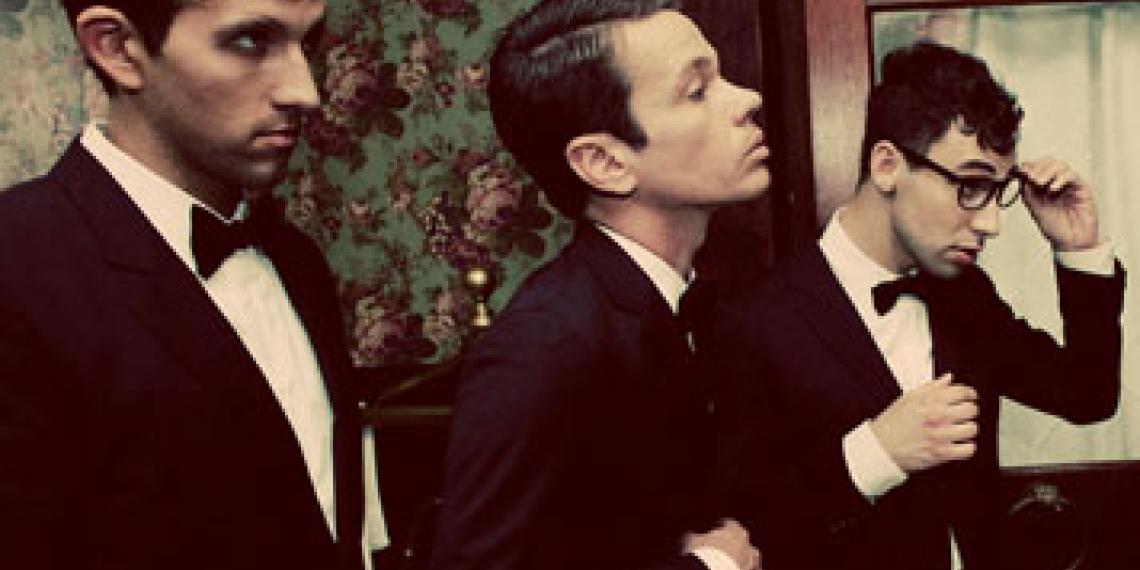You are here
What do I stand for?

What do I stand for? What do I stand for? Most nights I don’t know … anymore.’
These words echoed around the interior of my Toyota Starlet as I sat traffic jammed on SH1 with a local radio station cranked up to warp factor nine.
This was my introduction to alternative pop/indie band Fun. The drumming rhythmic beat and powerfully frantic vocals raised the song to anthem status and I found myself stomping my feet and bobbing my head as I sat behind the wheel. The song finished, the traffic moved and the station moved on to Justin Bieber or One Direction, but my mind remained captured by the words ‘What do I stand for?’ and the classic post-modern response: ‘Most nights I don’t know anymore.’
One of the tenets of post-modernity is that truth is relative; what’s true for you is not necessarily true for me. But it gets more complicated than that when we consider the ability of the post-modern mind to hold two diametrically-opposed opinions or beliefs at the same time without any apparent tension or conflict.
But there really is nothing new under the sun. The apostle James’s description of a double-minded person 2000 years ago sounds remarkably post-modern to me: like a wave of the sea, blown and tossed by the wind … Such a person is double-minded and unstable in all they do.
While holding opposing views simultaneously without conflict can seem clever, inclusive and liberating, as James suggests, it doesn’t work in the end. What starts out liberating is ultimately crazy-making! And when faced with the question ‘What do I stand for?’ the honest post-modernist is left with only one answer: ‘I don’t know anymore!’
I actually like that answer, because at least it’s honest.Some of us stand for things without ever asking why we stand for those things, which I think is dishonest.
I sat with a young man two weeks ago who asked me why I still believed in God. He had been raised in a Christian home, had professed to be a Christian and done all the ‘right’ and ‘Christian’ things, but now found himself at university where everything he professed to believe and stand for was being challenged. He was asking himself, ‘What do I stand for?’ and struggling with the answer. Like many others, he wasn’t sure he knew anymore.
We talked about the conflict of ideas he was facing, the doubt he was experiencing, and the need for safe places to deconstruct our faith.
When we have inherited faith from our families or the church, it tends to come pre-packaged and with certain assumptions that we may feel expected to accept without question. Healthy deconstruction allows us to unpack our faith, look at it honestly, reject the parts of it that don’t actually work for us, identify what is principle and what is preference, and then reconstruct it in a way that we own what we believe, and we know what we stand for.
I hope our conversation was helpful to that young man; I know it was helpful to me as I rethought what I stand for. I realised that most nights, I do know.
I stand for the fact that God loves me, that God loves the young man I spoke to, and that every person on this planet—including all the post-moderns who aren’t sure what they believe in or stand for anymore—matter to God and need to know that he loves them.
I choose to stand for this.
By Barry Keane (abridged from War Cry, 3 November 2012, p3)